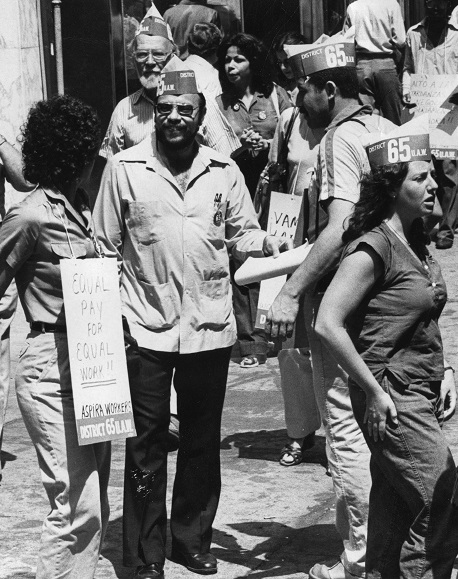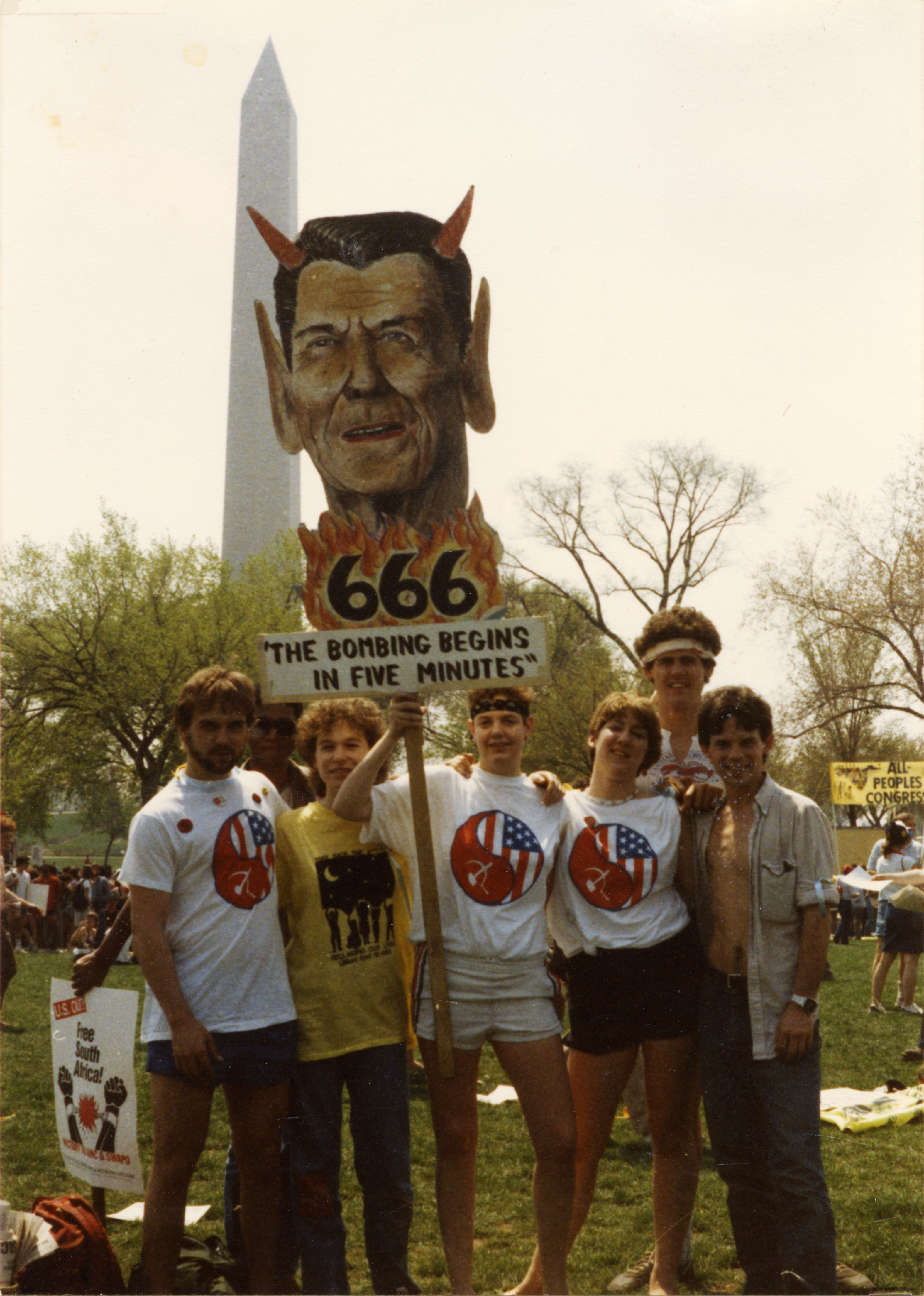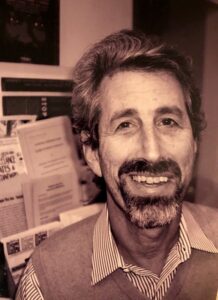José A. Soler Papers

A scholar of labor studies and activist, José Soler was born in New York City to a Dominican mother and Puerto Rican father and has been an activist in the cause of Puerto Rican independence and human rights since the 1970s. While a student at the University of New Mexico (BA 1972), Soler emerged as a leader in the Chicano rights organization, the Brown Berets, and while living in Puerto Rico in the late 1970s, he joined the Puerto Rican Socialist Party. Soler has subsequently worked in the labor movement as a shop steward, union organizer with UAW District 65, and labor journalist. As a committed Marxist and prolific writer and editor, he has taken part in causes ranging from anti-imperialist work in the Caribbean and Central America to the anti-apartheid struggle, and he has served on the Executive Board of the US Peace Council. From 1993 until his retirement in 2015, Soler worked as Director of the Arnold M. Dubin Labor Education Center at UMass Dartmouth where he has continued to work on behalf of public education and human rights and national self-determination.
The Soler Papers chronicle over forty years of a life-long activist’s interests and participation in left-wing political, labor, and social justice movements. There is a particular focus on topics relating to socialism and the pro-independence movement in Puerto Rico, anti-imperialist movements in South and Central America and Africa, and issues affecting Puerto Rican and Hispanic workers in the United States, New England, and the New York City area. Published and promotional materials such as periodicals, magazines, newsletters, and pamphlets make up the bulk of the collection, with extensive coverage of the concerns of the Puerto Rican Socialist Party (Partido Socialista Puertorriqueño, PSP), the Communist Party of the United States of America (CPUSA), as well as New Jersey chapters of the unions Communications Workers of America (CWA) and District 65, which eventually joined the International Union, United Automobile, Aerospace, and Agricultural Implement Workers of America (UAW). An additional seven boxes were added to the collection in June 2016, which remain unprocessed. The new materials offer additional documentation from the Dubin Labor Education Center and Soler’s work and interests in education (testing, privatization, and unions), labor, Marxist-Leninism, and various events in the United States and Latin America.





